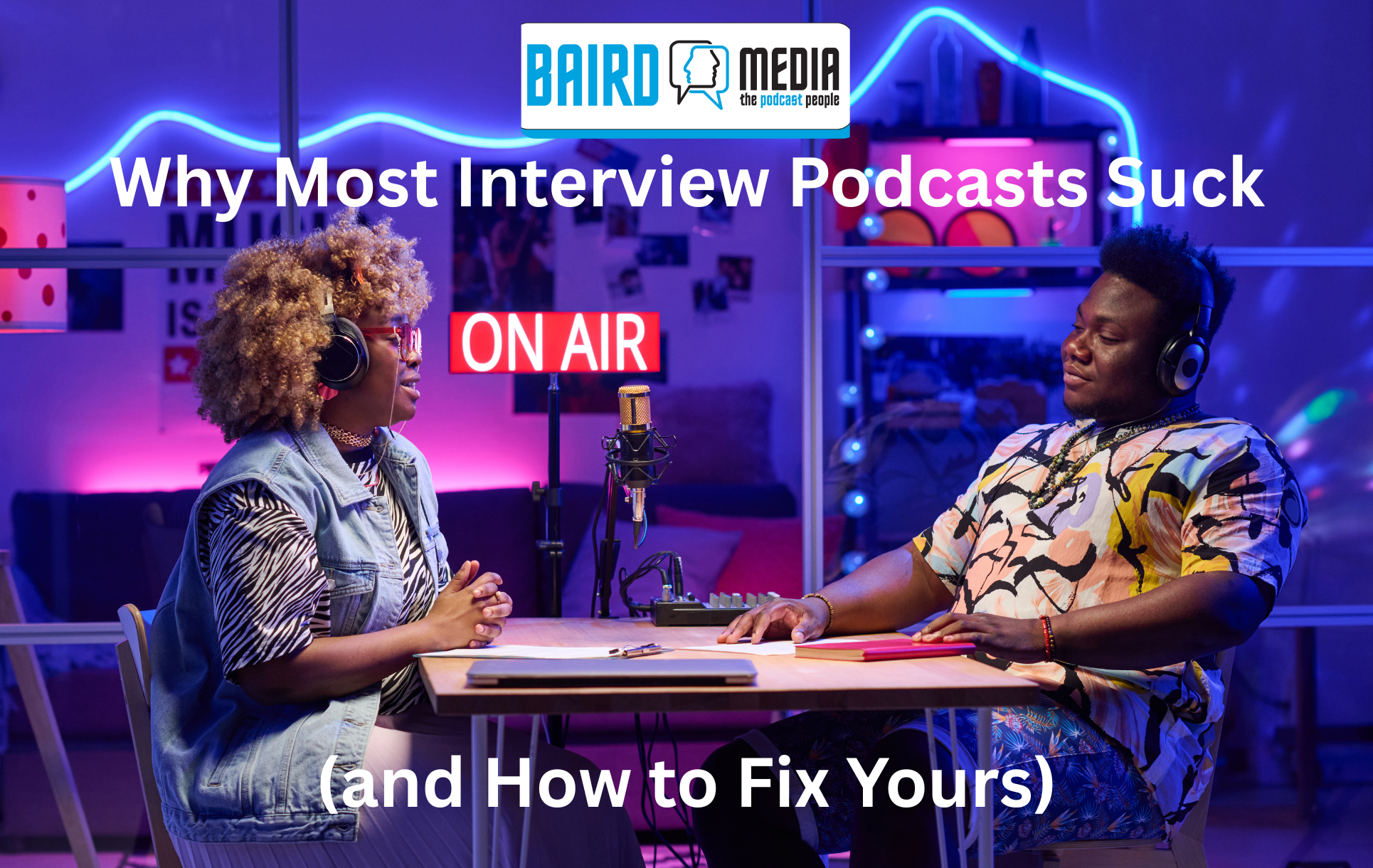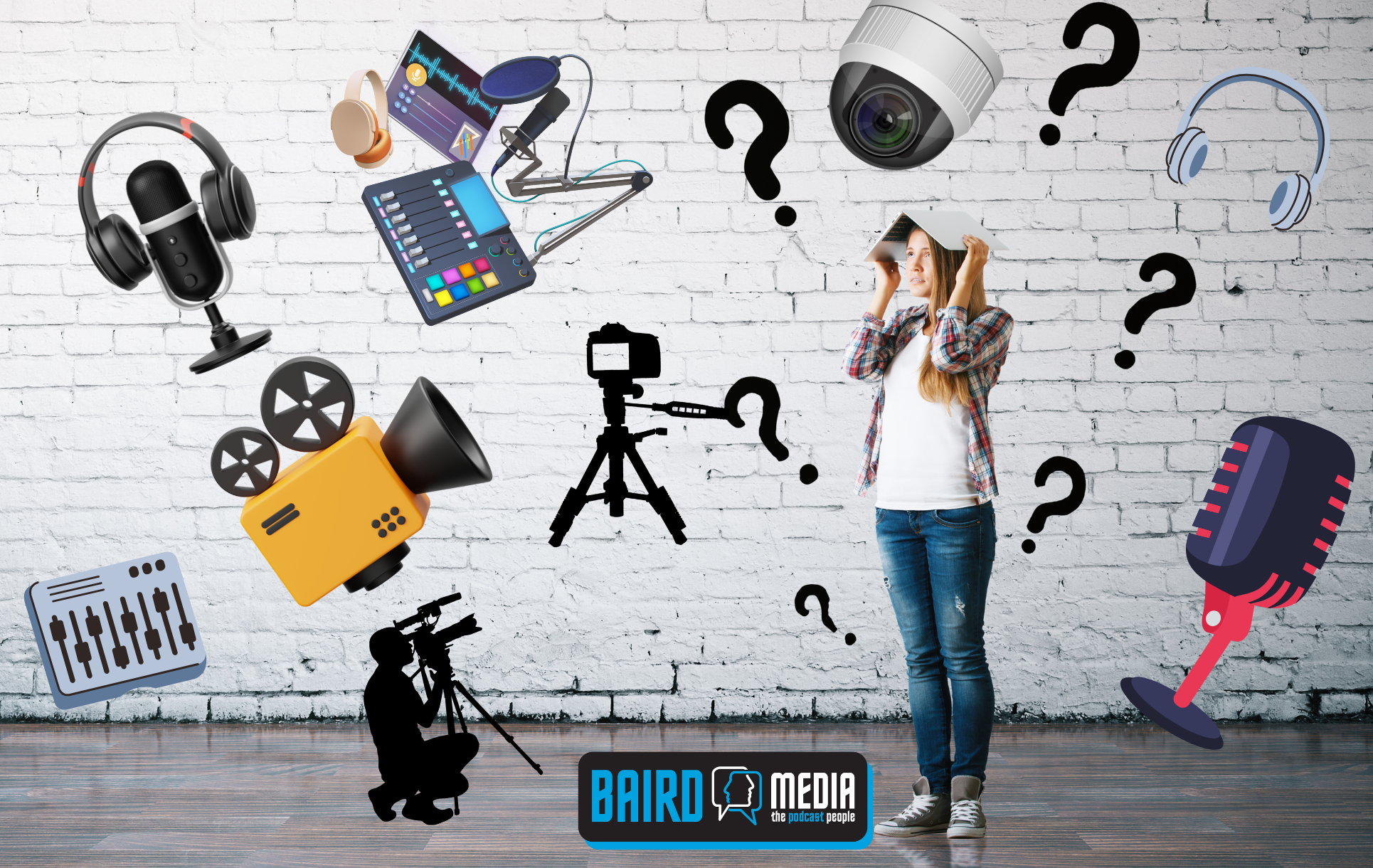

A few years ago, Ethan and I helped establish an online radio station.
One of the biggest challenges was finding advertisers to spend money to keep the operation afloat.
For a hundred years, advertisers have used radio as an effective and proven method to reach broad audiences.
It is called broadcasting, after all.
Sadly, our efforts to run a commercial online radio station didn’t bear fruit, and I have since moved on to podcasting.
Radio remains a popular choice, but with the rise of podcasting, one has to ask whether this media form will profit from advertising.
Some early indications are that, provided the partnership is well-curated, brands can get a great return on their investment if the partner with the right podcast.
Both radio and podcast advertising have their advantages and disadvantages, and in this article, we’ll explore them in depth to help you decide which is best for your business.
Let’s start with the advantages of radio advertising:
Radio advertising has the potential to reach millions of people.
Local, regional, and national radio stations still rule the airwaves to a large degree.
The rise of television initially dented radio advertising, but it has adapted.
Radio audiences tend to be loyal to their chosen station, and advertisers take of advantage of that on a daily basis.
Radio advertising is an excellent way to reach a local audience.
Many radio stations cater to specific regions, so you can target your advertising to a specific city or state.
Becoming part of a community is an important driver of radio listener loyalty, and local stations have an advantage because of this.
Radio advertising can be relatively cost-effective, especially when compared to other forms of advertising such as TV or print media.
Many radio stations offer affordable advertising packages that allow small businesses to reach their target audience without breaking the bank.
Radio advertising allows businesses to convey their message through an audio format, which can be powerful.
With the right music and sound effects, businesses can create a memorable ad that resonates with their audience.
Now, let’s look at some of the disadvantages of radio advertising:
While radio advertising can be excellent for local targeting, it’s not ideal for businesses that want to reach a global audience.
Sure, radio can now also stream online, but this forms a small part of their overall audience, who still listens on their radio.
It is hard to understand exactly how many people have listened and who they are.
Extra research is needed for this, and a lot of it is based on educated guesses.
Exact data is therefore limited to the estimated number of listeners during the times it was flighted, and on the response one gets from the ad.
This makes it difficult to track the success of your ad and make changes if necessary.
Radio stations have control over when an ad is played.
An advertiser may miss out on reaching their target audience as they have no control over when their ad is aired.
Let’s turn our attention to podcasting now.
These are some of the advantages of podcasting:
Podcasts are excellent for niche targeting.
With so many podcasts available on a wide range of topics, businesses can reach a specific audience interested in their product or service.
Podcasts have a high level of engagement because they are often listened to on a one-to-one basis.
Because of its intimacy listeners are actively engaged and focused on the content, making them more likely to respond to an ad.
Indeed, there is ample research proving that a podcast ad has a higher listen through rate (LTR) than on radio.
Podcast advertising provides detailed data about who is listening to your ad and how they are responding to it.
This allows businesses to make data-driven decisions about their advertising strategy and optimize their ads for maximum impact.
Podcast advertising can have a long-term impact on listeners.
As podcasts are often listened to repeatedly, ads can be heard multiple times, increasing brand awareness and recognition.
Podcast advertising is not all wine and roses, though. It does have some cons too:
While podcast advertising is excellent for niche targeting, it’s not ideal for businesses that want to reach a large audience.
Podcasts typically have a smaller audience than radio stations, making it difficult to reach a broad audience.
Podcast advertising is limited to audio format, which may not be suitable for businesses that want to showcase their product visually.
Podcasts are not ideal for businesses that want to target a specific local area.
While some podcasts may have a regional focus, most are available globally, making it difficult to target a specific city or state.
So, which is better for your business – radio advertising or podcast advertising?
Ultimately, it depends on your business goals, target audience, and budget.
If you want to reach a large local audience, radio advertising may be the best choice for you.
However, if you want to target a specific niche and have detailed data about how your ad is performing, then podcast advertising may be the way to go.
It’s also worth noting that radio and podcast advertising don’t have to be mutually exclusive.
You can use both platforms to reach a broader audience and get the best of both worlds.
For example, if you want to promote a new product to a local audience, you can use radio advertising to reach them.
Simultaneously, you can use podcast advertising to reach a niche audience interested in your product or service.
This allows you to maximize your advertising budget and reach the widest possible audience.
There are clearly pros and cons to both radio and podcast advertising.
When choosing between the two, it’s essential to consider your business goals, target audience, and budget.
Radio advertising is ideal for businesses that want to reach a large local audience cost-effectively, while podcast advertising is ideal for businesses that want to target a specific niche and have detailed data about how their ads are performing.
Brands should, in our opinion, be brave and test the podcast advertising waters.
It may still be early days, but podcasting is here to stay.
Those who get on board early will be the biggest winners in the end.
Your voice is your brand. Your podcast should sound like it.
We help creators, coaches, and businesses make shows that stand out – for the right reasons.
Book a free consultation and let’s build something powerful.


© Baird Media 2025